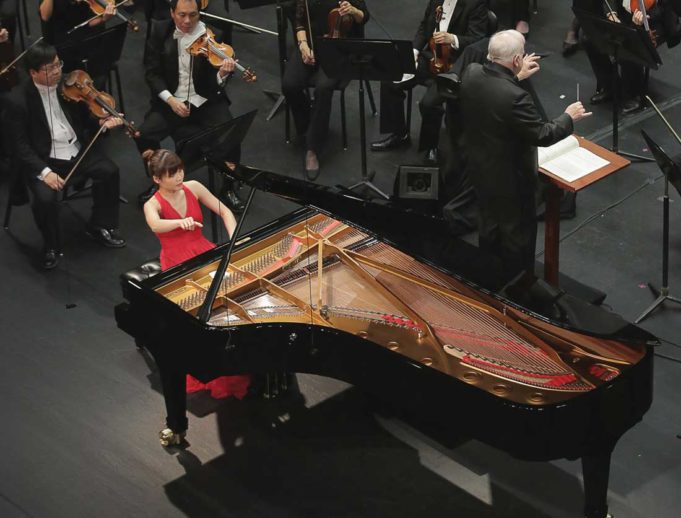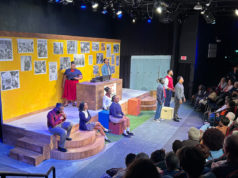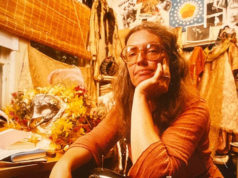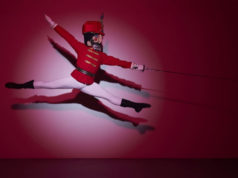Like its predecessors, the 2017 Van Cliburn International Piano Competition proved to be a grueling and exhilarating run, giving music fans 17 days’ worth of classical music that was variable in quality but contained some transcendent performances.
This year’s changes to the competition’s format saw part of the concerto portion moved from the finals to the semifinals. It proved to be a blessing, though not an entirely unmixed one. The contestants were limited to eight Mozart piano concertos to choose from, and with six of the 12 semifinalists playing Mozart’s Piano Concerto No. 20 in D minor and four more performing the Piano Concerto No. 21 in C major, the repetition of these works wore considerably on the ears of the listeners as the round went on, even as it provided points of comparison for the different pianists. Still, the concertos yielded some terrific performances, especially during the first day as Italy’s Leonardo Pierdomenico and South Korea’s Kim Da-sol gave accounts of the 20th Concerto that were good in different ways, with Pierdomenico’s sweet and Kim’s pleasingly sour. The Russians Yury Favorin and Georgy Tchaidze, both pianists who favor the big, dramatic works, were able to dial themselves down and give creditable accounts of Mozart as well. The Cliburn brought in English conductor Nicholas McGegan for this portion of the competition, and having a period-music specialist handle the Mozart made an audible difference with the Fort Worth Symphony Orchestra.
The semifinal round also had its customary solo recitals. It was here that the Americans shone, with both San Francisco’s Daniel Hsu and Minneapolis’ Kenneth Broberg offering up differing renditions of Schubert’s Op. 90 Impromptus, Hsu giving those pieces more sparkle and prettier tone and Broberg playing them with more concision and articulation. Broberg brought his clarity and straightforward approach to Liszt’s B minor Sonata, and Hsu played Brahms’ Variations on a Theme by Handel with the round notes and the spicy and floral overtones of good German wine. From other countries, Taiwan’s Chen Han played a stellar recital with a hair-raising version of Scriabin’s Fantasie in B minor and a fully realized one of Schubert’s “Wanderer” Fantasy. Kim, meanwhile, won over the crowd with Schubert’s Sonata in B-flat major and a fast and loose performance of Nikolai Kapustin’s jazzy Intermezzo in D-flat major.
So I was disappointed to find that Chen, Kim, and Pierdomenico had all failed to make the final round, though the latter two would win jury discretionary prizes at competition’s end. The two Russians had gone through despite being far less consistent (and in Tchaidze’s case, downright dull). Perhaps the eliminated semifinalists might have stabilized a ragged chamber music portion of the competition, which was moved to the final round this year. The Brentano String Quartet, after dazzling at this competition in 2013, here seemed weirdly off their game, especially during the first day. Most of the pianists had trouble finding the right balance with the strings, with Favorin and Hsu (both playing Franck’s Piano Quintet) making out the best.
Getting the final round back on track were the concertos and Leonard Slatkin, serving as president of the jury this year as well as conducting FWSO. The four years he had to familiarize himself with the orchestra paid handsome dividends, drawing a rich, luxurious sound from the two Rachmaninov works in the round and conjuring up the thrilling icy-wind sound in Prokofiev’s Third Piano Concerto. Favorin played to his strengths with Prokofiev’s brawny Second Piano Concerto, while Hong Kong’s Rachel Cheung (who would win the audience award, voted on by listeners online) did the same with an immensely admirable performance of Beethoven’s Fourth Piano Concerto. Better still was Broberg’s well-balanced account of Rachmaninov’s Rhapsody on a Theme of Paganini, giving equal weight to the work’s humor and delicate beauty as to its bigger, more dramatic outbursts. Slatkin was at his best with Tchaikovsky’s First Piano Concerto, drawing a performance of elemental power out of FWSO, while Hsu did justice to the work’s humor and its melancholy.
The Americans would both medal, with Broberg taking silver and Hsu taking bronze as well as prizes for the best chamber music performance and the best performance of the new work commissioned for the competition, Marc-André Hamelin’s Toccata on L’homme armé. The gold medal went to Sunwoo Ye-kwon, only the second Korean pianist ever to reach the final round of the competition and the first to win gold. (Son Yeol-eum won silver in 2009.) Granted, I missed Sunwoo’s quarterfinal performance, and his much-buzzed-about Mozart concerto came to me after I had burned out on the piece. I didn’t find much distinctive about his playing other than a softer-than-usual but convincing rendition of Prokofiev’s Sixth Piano Sonata in the semis. I didn’t find him as insightful as the Americans or his compatriot Kim Da-sol. However, as it always does, the Cliburn gave me some great music and some new musical talent to follow in the future, which is all we can really ask for as Fort Worth took its quadrennial turn in the classical music world’s spotlight.













Joyce Yang, of South Korea won silver in 2005, and has had a remarkable career. One of my favorites.